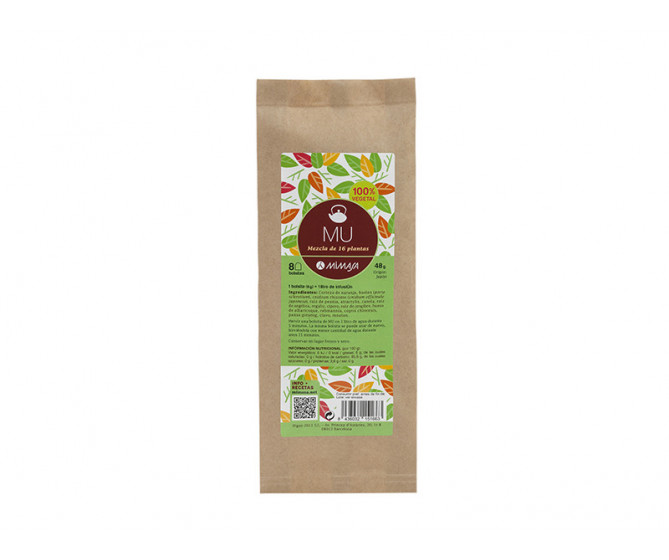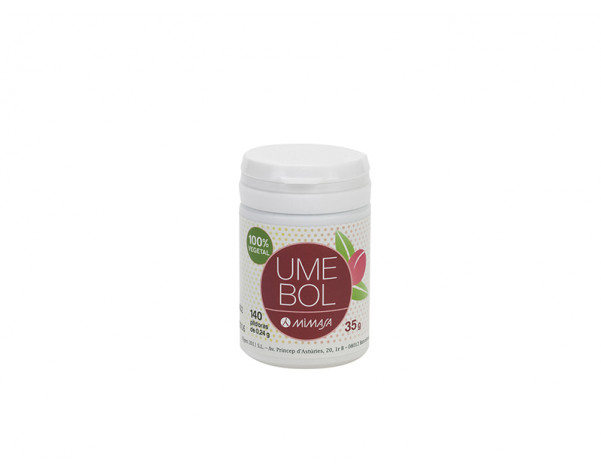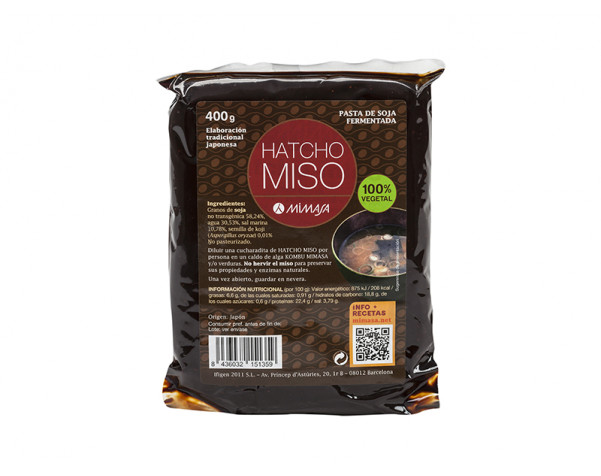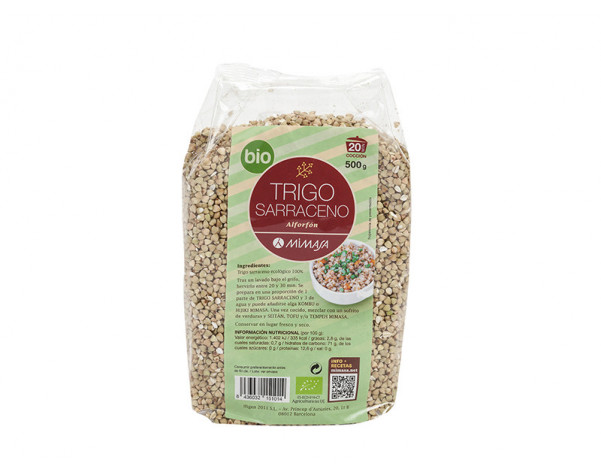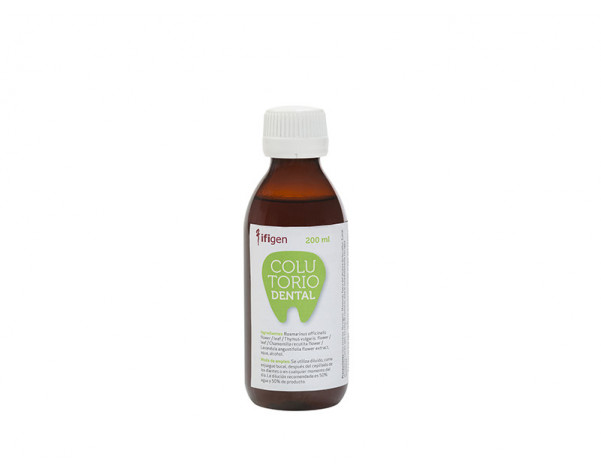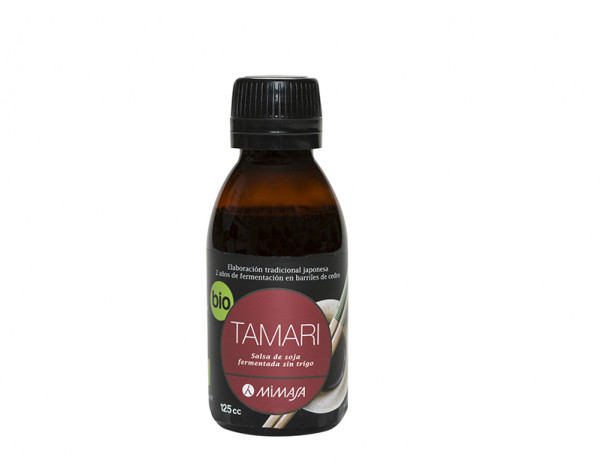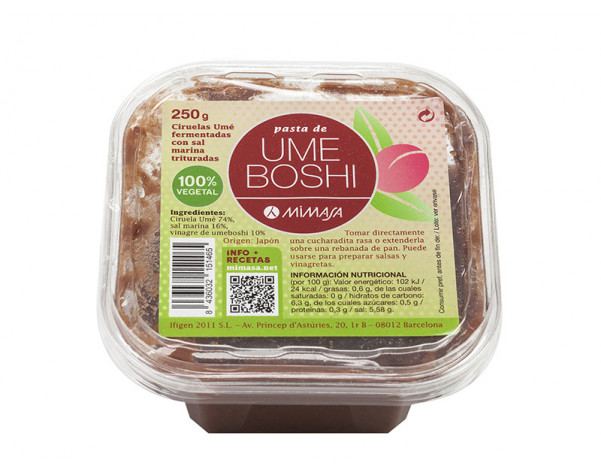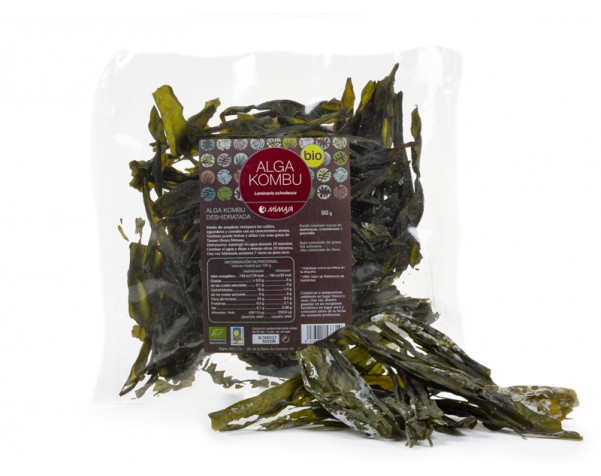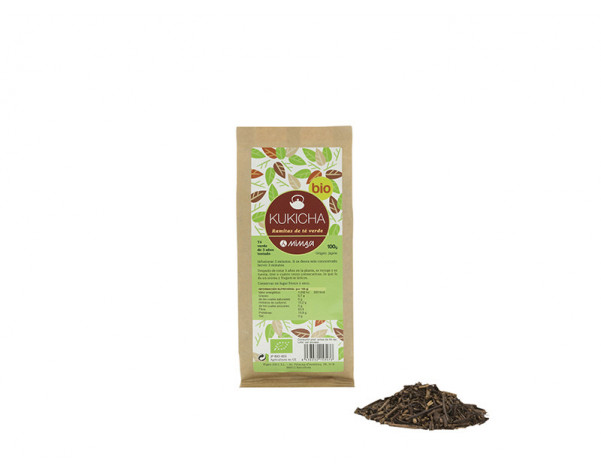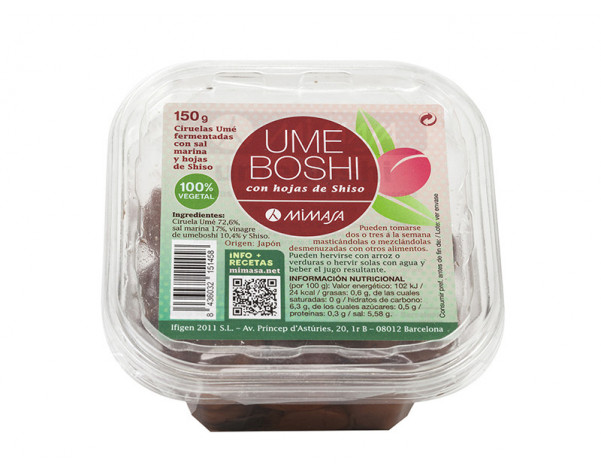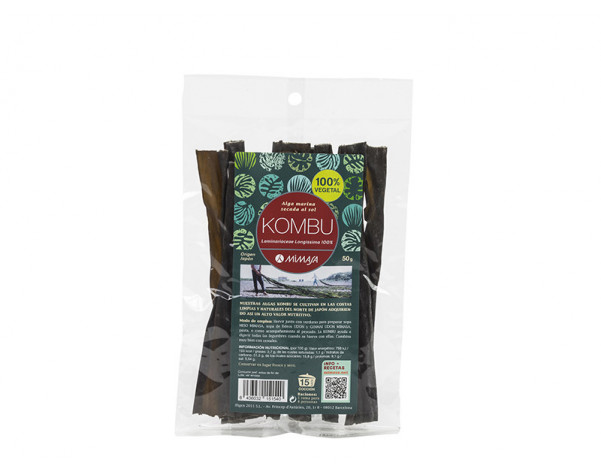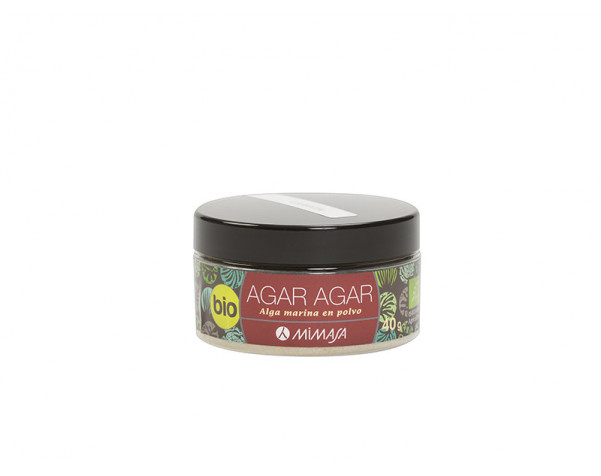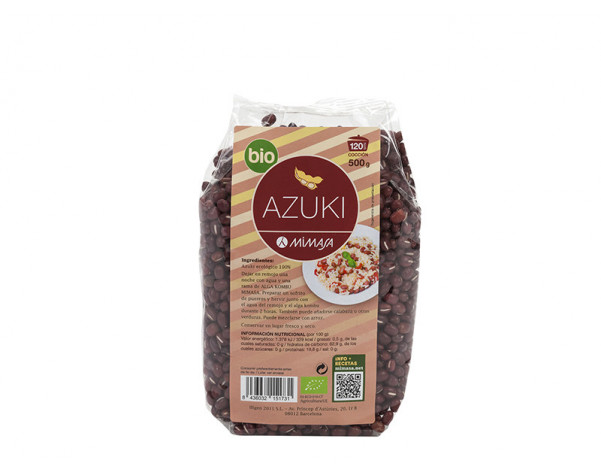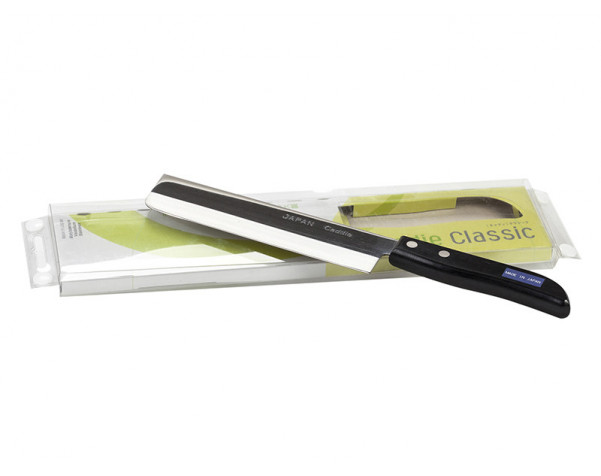- -10%
MU 8 doses of 6g

FREE SHIPPING ON ORDERS OVER €29

DELIVERY IN 24/72 HOURS

SECURE PAYMENT WITH
The union of 16 plants of the highest quality forms our Mu infusion, which helps keep the body strong and healthy.
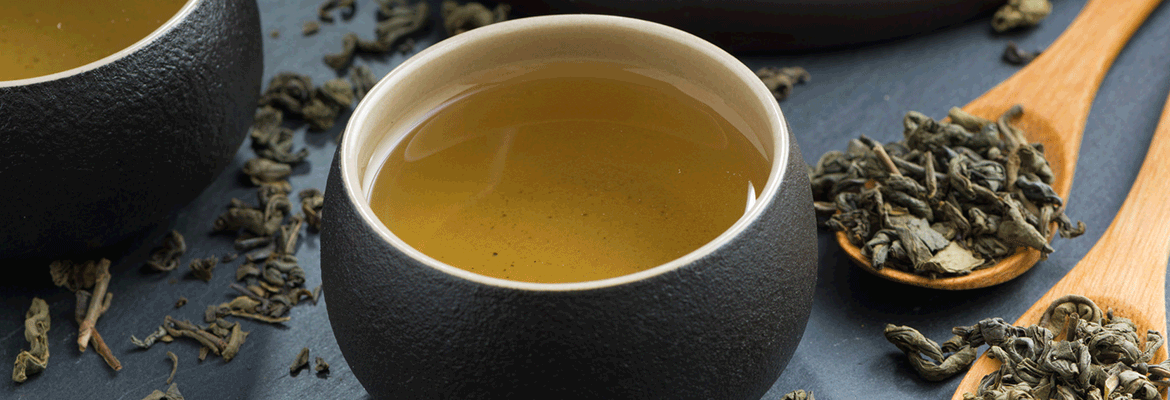
For the elaboration of the MIMASA Mu infusion, plants of the highest quality are chosen and, consequently, better efficacy, especially effective in times of stress because they help keep the body strong and healthy, resistant to colds and relieve stomach problems. In addition, it is slightly invigorating thanks to the ginger and Panax Ginseng it contains.
- Energy (kcal) 310
- Fat (g) 2,6
- - Saturated (g) 0,2
- Carbohydrate (g) 42,5
- - Sugars (g) 3.9
- Protein (g) 8,4
- Fibre (g) 41,3
- Salt 0,0
- Energy-kJ 1292
According to Chinese traditional medicine, the 16 plants that make up mu tea help in the following disorders:
Citrus unshu (orange peel): 17.5%
Digestive problems, colds, expectoration, cough and pain.
Poria Sclerotium (Hoelen): 11.2%.
Diuresis, sedation, cough, diarrhea, palpitations, insomnia and vertigo.
Cnidium rhizome (Japanese parsley root): 10.2%
Anemia, menstrual disorders, blood circulation, painful menstruation, headache, postpartum disorders. It is tonic and sedative.
Herbaceous peony root: 9.8%
Fever, abdominal pain, cramps, stomach aches, muscle pain, neural pain, painful menstruation, uterine diseases, anemia, constipation, cold.
Attractylis: 9.5%
Diarrhea.
Cinnamon: 8%
Excitement, flatulence and sterility. It is anticonvulsant and antiviral.
Angelica Root (Cnicus): 8%
Weak blood, abdominal pain, menstrual disorders, menstrual pain, constipation and poor circulation. In addition, it is very effective for warming hands and feet.
Glycyrrhiza (liquorice): 6.3%
It favors the reduction of fever, cramps, stomach cramps, digestive ulcers, hemorrhoids, sore throat, cough, expectoration, digestive problems and hepatitis.
Cyperus: 5.7%
Sedation, menstrual disorders, painful menstruation, menopausal syndromes, hysteria, nervous digestive problems, stomach pain, lack of appetite and nausea.
Ginger root: 5.7%
Irrigation, fever, colds, cough, expectoration, headache, abdominal pain, digestive problems, nausea and motion sickness.
Apricot kernel: 3.8%
Asthma, bronchitis, cough, shortness of breath, edema and expectoration.
Rehmannia (Shengdihuang): 2%
Hemostasis, poor blood circulation, dry skin, menopause, menstrual disorders, poor hormone secretion, diabetes, large prostate, cataracts, impotence, weak blood. It has tonic properties.
Coptis Chinensis: 0.6%
Inflammation, gastritis, antibacterial, indigestion, diarrhea, stomatitis, eye health and pain.
Panax Ginseng: 0.7%
Nutrition, fragile health, fatigue, during and after illness, lack of appetite, weak constitution, poor circulation, digestive problems, colds, cough and expectoration. It has tonic properties.
Clove: 0.7%
Indigestion, vomiting, diarrhea and psychroalgia abdomen.
Moutan (Cortex moutan radicis): 0.4%
Fever, pain, inflammation, menstrual cramps, menstrual disorders, painful menstruation, appendicitis, acne and hemorrhoids.
To prepare MIMASA Mu tea, you have to infuse a 6-gram bag in a liter of water. The same bag can be used a second time in three quarters of a liter of water. It can also be boiled for 5 minutes the first time and 15 minutes the second time.
It is advisable to use enameled iron or clay saucepans, since many herbs lose much of their properties if they are in contact with metal.
8 tea bags to 6 g
